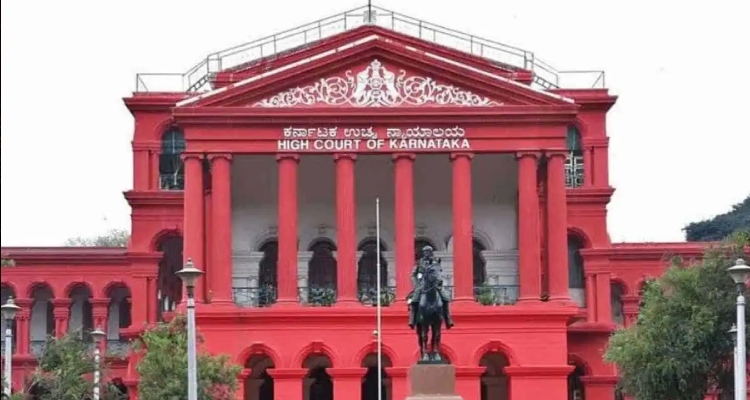
The Karnataka High Court has acquitted 3 individuals, including a Pakistani national, from charges under the Unlawful Activities (Prevention) Act (UAPA) related to a 2012 terror conspiracy allegedly devised inside Bengaluru Central Prison.
The court identified a procedural flaw in the prosecution sanction granted by the state government, which led to the acquittals.
The accused Syed Abdul Rehman from Bengaluru, Afsar Pasha alias Khushiruddin from Chintamani in Kolar district, and Mohammed Fahad Khoya from Karachi, Pakistan were initially charged under various provisions of the UAPA and the Indian Penal Code.
While the court cleared them of these serious charges, it upheld Rehman’s conviction under the Arms Act, 1959, and the Explosive Substances Act, 1908, due to his illegal possession of a revolver and concealment of explosives. Consequently, his sentence was revised to 10 years’ imprisonment.
A division bench comprising Justices Sreenivas Harish Kumar and J.M. Khazi allowed petitions from Pasha and Khoya, challenging their 2023 conviction and life sentences. The bench modified Rehman’s conviction but maintained the lesser offenses under the Arms Act and Explosive Substances Act.
The court noted that the sanction for prosecution was flawed, as the then Principal Secretary to the Home Department, Raghavendra H Auradkar, could not recall if an independent review committee was consulted before granting the sanction.
According to Section 45(2) of the UAPA, considering the review committee’s report is mandatory. The trial court’s oversight of this requirement rendered the sanction invalid, thus undermining the charges under the UAPA.
Additionally, the court highlighted the lack of independent evidence to support the allegations of a criminal conspiracy to recruit youth for Lashkar-e-Taiba (LeT) and plan attacks in Bengaluru during the accused’s imprisonment.
The prosecution’s case heavily relied on confessions from the accused, which the court found insufficient for a conviction. The bench concluded there was no proof linking Rehman to any activities directed by the other accused while incarcerated.
As a result, Pasha and Khoya were ordered to be released unless implicated in other cases, with Khoya set for deportation to Pakistan.




